P-068
Study question: Can double-strand sperm DNA breaks and semen parameters be improved by oral administration of antioxidants and ATM/ATR-enhancers?
Summary answer: A new treatment based on ATM/ATR-repair-pathways enhancement significantly reduced double-strand sperm DNA breaks and improved semen parameters.
What is known already: Double-strand breaks (DSB) take place during male meiosis to enable DNA recombination and packaging. These breaks must be repaired later to ensure sperm genome integrity. However, defective chromatin condensation, incomplete apoptosis and oxidative stress can increase both DSB and single-strand breaks (SSB). Several studies demonstrated that DSB are a major source of chromosome abnormalities causing miscarriage. The ATM/ATR kinases play an essential role in genomic maintenance through the repair of DSB and the activation of cell-cycle checkpoints. Moreover, seminal parameters are improved by oral treatments including antioxidants. The enhancement of ATM/ATR-repair-pathways could be a new strategy to improve sperm quality.
Study design, size, duration: This prospective and multicentric study included 71 infertile patients that were randomly divided into three groups, receiving a different treatment: Control group (Androferti, n = 21); Experimental formula 1 (high concentration of ATM/ATR-enhancer, n = 25); Experimental formula 2 (low concentration of ATM/ATR-enhancer, n = 25). Semen parameters and sperm DNA fragmentation were determined before and after 13 weeks of treatments.
Participants/materials, setting, methods: All patients included presented high values of DSB. Patients receiving medication or other fertility treatments before the start of the study were excluded. DSB and SSB were analysed through the Neutral and Alkaline CometFertility assay (CIMAB, Spain), respectively. Semen parameters including concentration, total sperm count and progressive motility were determined according to the last World Health Organization guideline.
Main results and the role of chance: DSB values were significantly reduced by all three treatments (p=0.042). The greatest reduction was observed in Formula 1, which reduced 27.1%. Formula 2 and the Control group reduced 19.9% and 15.8%, respectively. SSB was reduced by all three treatments. Formula 1 significantly reduced SSB 19.5% (p=0.040). Even not statistically significant, Formula 2 and the Control group reduced SSB 6.8% and 8.6%, respectively.
Regarding seminal parameters, Formulas 1 and 2 increased sperm concentration 2.11% (p=0.046) and 53.55% (p=0.200) respectively. The Control treatment reduced 20.14% this parameter (p=0.160). Total sperm count was improved by experimental treatments with an increase of 17.41% (p=0.135) and 113.13% (p=0.012) for Formulas 1 and 2, respectively. The Control group reduced 23.64% this parameter (p=0.001). Formulas 1 and 2 showed a moderate improvement in progressive sperm motility (9.10% and 1.08%, respectively) despite not being statistically significant (p=0.072 and 0.067, respectively). Not significantly, the Control treatment reduced 14.14% the progressive motility (p=0.200).
None of the experimental ATM/ATR-enhancement-based treatments showed any adverse effects on sperm genome integrity or other semen parameters. Formula 1 proved to be the most effective treatment to reduce sperm DNA fragmentation. On the other hand, Formula 2 proved to be the best treatment improving seminal parameters.
Limitations, reasons for caution: Patients compliance with treatment cannot be guaranteed. For this reason, patients were excluded from the study when there was a suspicion that the intake of the treatment did not follow the protocol instructions.
Wider implications of the findings: DSB are a major cause of chromosomal abnormalities in a zygote, cause a delay in embryo development and impair embryo implantation. Prevention of sperm DNA fragmentation through effective oral treatments focused on improving DNA damage repair and/or activating apoptosis systems would be of great interest to patients affected by DSB.

